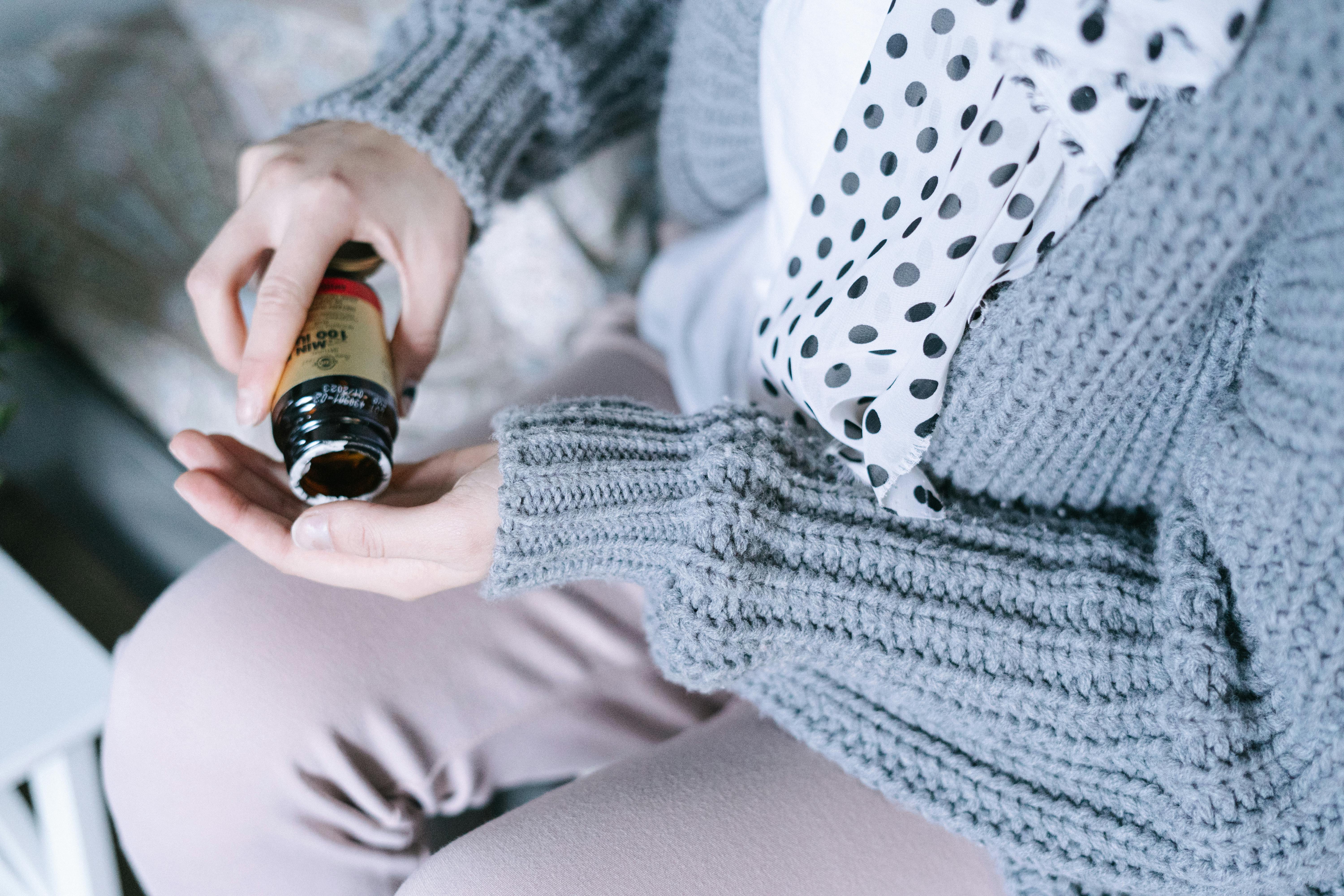Ask:
My daughter suffers from very dry eyes and red eyelids. Over the years, they have become inflamed intermittently and have become swollen and infected. She now she can’t wear contact lenses or makeup. Her wedding is coming up soon and she is very worried. Recently, her doctor diagnosed her with blepharitis. Do you have any advice?
Answer:
Blepharitis is a chronic (long-term) inflammatory disease that affects the edges of the eyelids, particularly the eyelash follicles. As a result, many people lose their eyelashes, which affects their appearance. But more important than this, the eyelashes perform a vital function: they protect the sensitive surface of the eye from irritants such as dust, sand, insects, and other foreign bodies.
Weakened and vulnerable eyelids can become infected with bacteria in the environment, and this can produce a thick discharge of mucus, making the edges of the eyelids red and sore. The surface of the eye can also become infected and cause conjunctivitis, which can make the eyes red, itchy, and gritty. The irritation can cause a sensitivity, usually a stinging sensation, to bright light, which is why patients often wear sunglasses. In the mornings, the eyelids may be stuck together because the thick mucus has dried up and formed a crust. The area may also be sore and itchy, and the hair follicles may swell to form small cysts or bulbous styes, which are painful and unsightly.
As your daughter fears, one of the hardest things to deal with is the reactions of others. Perhaps because the condition is so obvious, they feel compelled to ask some pretty dumb questions.
Conventional therapy usually consists of antibiotics or steroids, either taken by mouth or applied to the eyes. This may provide some temporary relief, but it tends to be frustrating because the problem recurs to an extreme extent.
Blepharitis is considered an autoimmune condition, which is where the body’s immune system turns on itself, attempting its own normal function of fighting off foreign bodies and particles, including infection. Also, somehow the tissue at the edge of the eyelids, which is fibrous and like a very fragile form of cartilage, changes its biochemical structure, which throws the immune system off track.
In my experience, paying attention to overall health and wellness is vital to supporting the immune system. The changes are good and will then self-regulate and help heal damaged eyes.
Diet
The general principle is to eat foods that are easy to digest and improve overall energy, and avoid foods that are known to harm the body.
* Choose fresh, healthy foods, preferably organic, that contain as few additives as possible. Eat at least five servings of fresh vegetables and non-citrus fruits a day. For a month, drink a glass of carrot-apple-ginger juice every day.
* Avoid yeast products (linked to candida overgrowth, intestinal fermentation, and symptoms of fatigue, bloating, and digestive problems, which drain the body of energy); citrus fruits and other acidic foods (which increase acid in the stomach, causing digestion and slowing or blocking the digestive process and nutrient absorption); alcohol, coffee, excess sugar, canned and processed goods, spicy dishes, and foods with fungus, including vinegar, mushrooms, and blue cheese.
supplements
* To build immunity, for two months take one BioEnergy capsule twice a day; half a teaspoon of kolonji oil with a little manuka honey every day and 15mg of zinc every other day.
* To improve digestion and nutrient absorption, soak two kadu twigs and one third of a teaspoon of kariatu powder in hot water overnight, strain and drink on an empty stomach in the morning, every day for two months . If you find it too bitter, add some manuka honey.
to soothe your eyes
* Put two drops of pure organic rose water in the eyes before going to bed every night for a month.
* Help heal your eyes by rubbing the palms of your hands together until warm, then cover your eye area with them. Repeat this three to five times, three times a day.
Therapies
Consult a qualified homeopath and/or naturopath.
